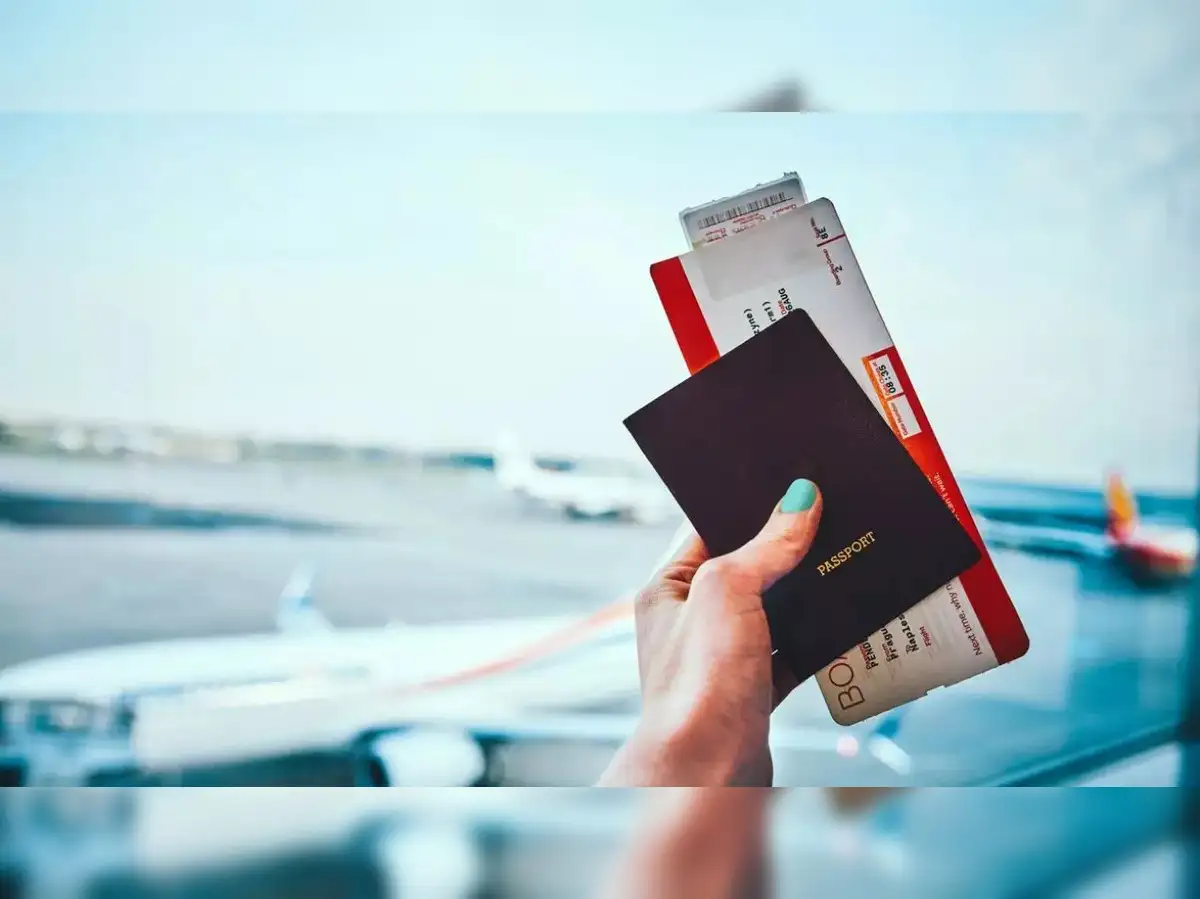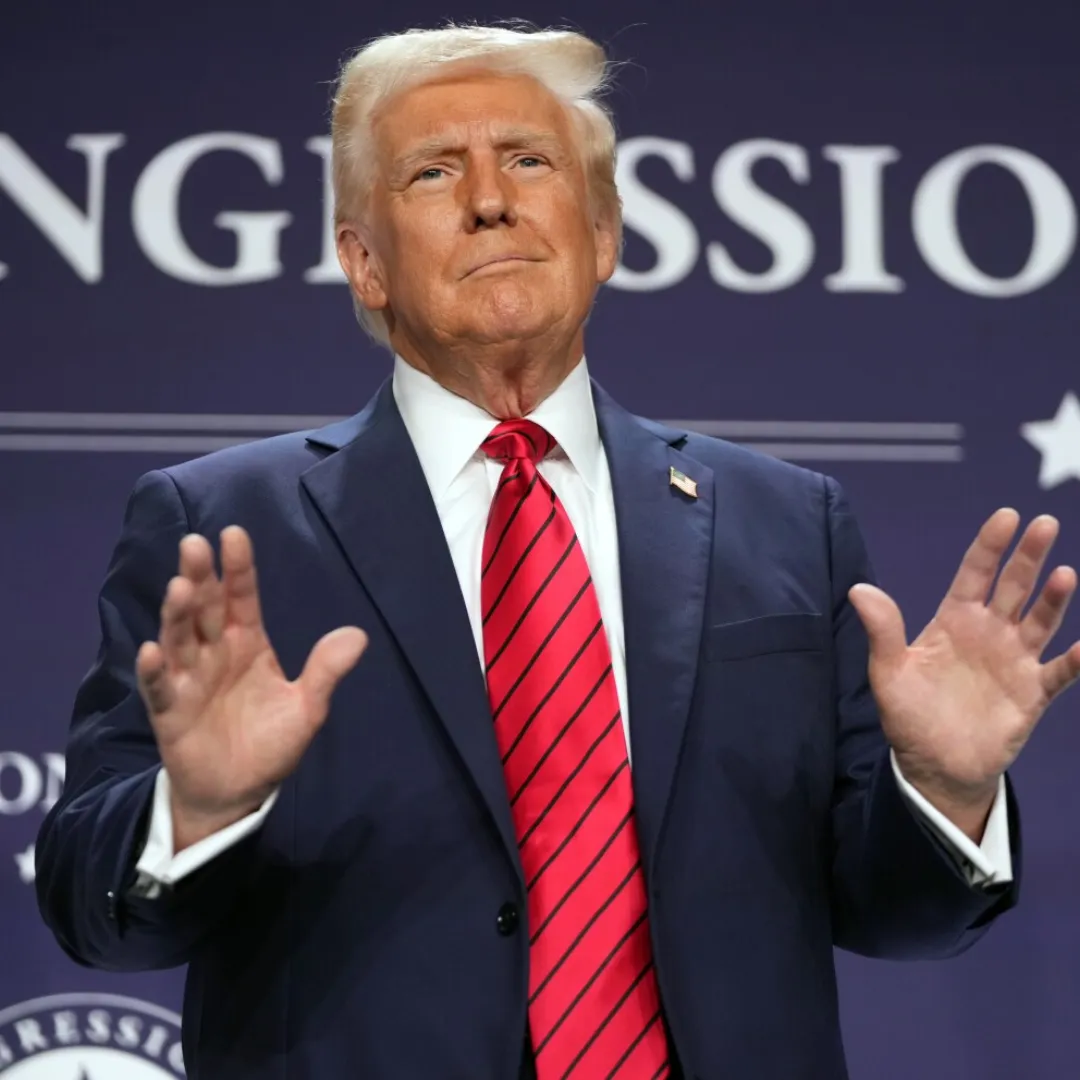
Starting this week, the United States officially begins enforcing the long-anticipated REAL ID requirement for air travel, marking a major shift in the way Americans prove their identity at airports nationwide.
As of Wednesday, adults traveling within the U.S. must now present a REAL ID-compliant form of identification to pass through Transportation Security Administration (TSA) checkpoints for domestic flights.
These IDs, issued by states and marked with a star in the upper right-hand corner, are now the new standard under federal law, and non-compliant driver’s licenses or identification cards will no longer be accepted as valid for air travel.
The new requirement, rooted in legislation passed nearly two decades ago, stems from the 2005 REAL ID Act, which was based on recommendations by the 9/11 Commission to strengthen national security and standardize identity documents.
After multiple delays over the years, the Department of Homeland Security has now set the rule into motion. The move is expected to affect millions of travelers who still haven’t updated their IDs to meet federal standards.
According to the TSA, around 19 percent of Americans who frequently fly still lack a REAL ID-compliant credential. Despite the official launch of the new rule, travelers who arrive at the airport without a REAL ID this week will not be turned away.
TSA officials have made it clear that no one will be denied boarding immediately, though they may face additional steps and extended screening times. “We will process you — you will not be turned away,” said Steve Lorincz, the TSA’s Deputy Executive Assistant Administrator for Security Operations.
“It might take some additional time, but we’re going to do it efficiently. We are fully staffed at all locations across the country.” He emphasized that while the policy is now active, the agency is taking a supportive and flexible approach as travelers adjust.

REAL ID enforcement means that anyone 18 and older must now show federally approved identification to fly within the U.S. Aside from a REAL ID-compliant driver’s license, passengers may also use a valid U.S. passport, a passport card, a permanent resident card, a border crossing card, or a Veteran Health Identification Card.
These documents will continue to be accepted without additional screening. However, individuals without an acceptable form of ID may be required to go through identity verification and possibly undergo additional checks.
TSA noted that even PreCheck passengers without a REAL ID may be subject to this secondary process. To help ease the transition, airports across the country are implementing special measures.
TSA officers will be stationed at the front of checkpoints to answer questions and guide travelers. Some airports are also creating separate lanes for individuals who do not yet have a REAL ID or are using other forms of documentation.
The agency is working closely with airlines, airports, and state governments to raise awareness and help travelers navigate the new requirement. “Plan ahead, arrive early, and arrive prepared,” TSA said in a public reminder on X, advising passengers to use the agency’s online tool to check if their ID is REAL ID-ready.
The TSA clarified that Wednesday’s implementation date is not a deadline to obtain a REAL ID, but rather the start of the enforcement phase. People can still apply for a REAL ID at their state’s Department of Motor Vehicles (DMV) after May 7.
Each state sets its own documentation requirements and pricing for issuing REAL IDs, and the processing timeline can vary. For instance, California’s DMV has announced extended weekday hours and weekend appointments to accommodate increased demand, while Oklahoma and New York have warned residents about growing volumes at DMV offices and advised applying at least four weeks in advance of travel.
Temporary paper IDs are not accepted at TSA checkpoints, so travelers are encouraged to plan accordingly.

The rollout has not been without confusion. As the new policy took effect, some airports experienced delays, including Newark Liberty International Airport, where travelers faced unexpected scheduling disruptions.
Though not directly linked to the REAL ID change, these delays have amplified traveler concerns, especially as the summer travel season nears. Many passengers are only now learning about the requirement, and the surge in DMV appointments indicates widespread last-minute efforts to comply.
REAL IDs are more than just a security upgrade for airports. They’re also required for entering federal buildings, military bases, and certain other government facilities.
The primary visual indicator of compliance is a star symbol in the top right corner of the card, but each state designs its own version. The REAL ID Act established strict production and verification standards for issuing these cards, including proof of legal presence, Social Security number, and address verification.
For travelers who still don’t have a REAL ID and need to fly soon, the TSA recommends checking whether alternative IDs are acceptable. If not, travelers should allow for extra time at security and bring any documentation that could help verify their identity.
Once an individual’s identity is confirmed through alternate means, they will be allowed through the checkpoint, albeit with additional scrutiny.
States have been working for years to bring their ID issuance procedures in line with federal requirements. However, the COVID-19 pandemic significantly disrupted this process, forcing the Department of Homeland Security to delay the enforcement deadline multiple times.
Now, with the final date set and in motion, states are ramping up outreach and capacity to handle the surge in demand. Still, the national rollout is a work in progress, and TSA officials acknowledge it will take time before every traveler is in full compliance.

The broader goal of the REAL ID Act is to enhance trust in identity verification nationwide. While critics have argued that the system places undue burdens on low-income individuals and those with complex documentation issues, federal agencies maintain that the standardized ID system is crucial to national security.
Proponents say it will prevent fraud, reduce the risk of terrorism, and close security loopholes that have lingered since the early 2000s.
Travelers who have questions about their ID status can visit the TSA’s REAL ID webpage or contact their local DMV. TSA agents at airports will continue assisting passengers throughout the early enforcement period to minimize disruption.
“The bottom line is, if you don’t have an acceptable form of ID such as a passport or a REAL ID, give yourself plenty of time when you arrive to ensure you can get through everything from the curb to the gate,” said a TSA spokesperson.
So while the skies are still open to all U.S. travelers for now, the rules have changed. If you’re planning to fly, it’s no longer just about packing your bags and getting to the airport on time.
It’s about making sure the ID in your wallet meets the new federal standard—because from this week forward, that little star on your license may be the difference between a smooth trip and a long wait.



